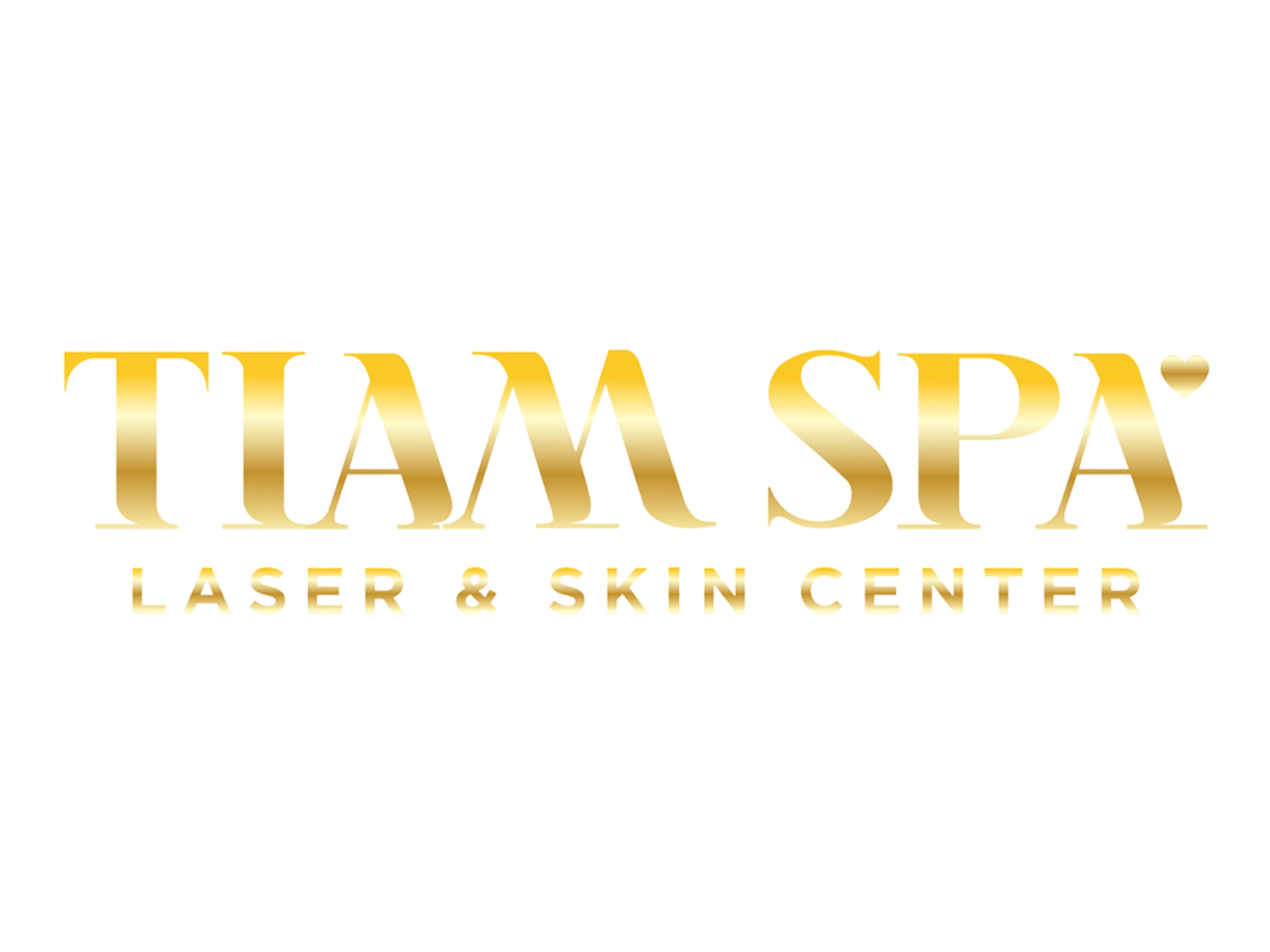Acne scars is a common skin condition that often occurs when acne blemishes heal. In many cases, acne scars can be cosmetically significant and cause distress for those affected.
Fortunately, there are a number of treatment options available to reduce the appearance of acne scars. This article will explore the best treatment for acne scars that work effectively and provide aesthetically pleasing results.

Different Treatments Available to Treat Acne Scars
There are many types of acne scars, and each requires different treatments to be used in order to achieve optimal improvement in their appearance. Some of the most common forms of acne scars include raised scars, ice pick scars, boxcar scars, rolling scars, and hypertrophic or keloid scars. Each type responds differently to different treatments and should be addressed appropriately depending on its severity and impact.
Various treatment modalities have been proposed for treating acne scars including topical creams and ointments, laser resurfacing techniques, injectable fillers, dermabrasion, subcision, chemical peels, microneedling with radiofrequency (RF), and punch excision.
The best approach to successfully treat acne scars depends largely on the type and severity of the individual’s particular case and the individual’s needs and preferences.
Overview Of Acne Scar Treatment Options
Acne scarring is a common dermatological condition with a variety of treatment options available. You may want to explore all your options before landing on the best one for you, especially if you have sensitive skin or severe scarring that may not easily improve.
Treatment options can be divided into two main categories: non-invasive and invasive techniques. Non-invasive techniques include topical creams, chemical peels, laser treatments, light therapy, and dermabrasion. Invasive techniques involve surgical procedures such as punch excision and skin grafting.
Non-Invasive Techniques to Treat Acne Scars
There are a large variety of non-invasive options to treat acne scarring.
Topical creams are one of the best acne scar treatments for many because they are affordable and accessible. They can be applied to the affected area up to twice a day, but results may be limited due to their mild strength.
Chemical peels use acid solutions to break down dead skin cells on the surface of the skin while also stimulating collagen production for smoother skin texture. Removing layers of dead skin can also help prevent acne from happening in the first place, reducing the chances of developing future acne scars.
Laser treatments use intense light energy to target deeper layers of the skin to reduce scarring by encouraging scar tissue regeneration.
Light therapy uses LED or infrared light to stimulate new cell growth in the affected area and improve skin tone and texture.
Finally, dermabrasion is a sanding technique that removes surface layers of damaged skin while also encouraging collagen production for smoother-looking skin and will fade acne scars over time.
Invasive Techniques to Treat Acne Scars
Invasive techniques involve more intensive procedures that vary in complexity based on the type of scarring present.
Punch excision removes individual scars by cutting out a circle around them with a small punch tool before stitching back together the edges of smooth skin left behind.
Skin grafting involves surgically removing healthy tissue from another area of the body before attaching it over an area where skin has been removed due to acne scarring or other causes.
As you can see, there are numerous treatment options available for the best acne scar treatments ranging from topical creams to invasive surgical procedures depending on the severity of acne scarring present.
Each approach carries its own advantages and disadvantages based on its method of action so it is important for individuals considering any option to consult with a physician or skincare professional prior to beginning treatment in order to determine which one will provide optimal results in their particular case.
Understanding The Different Types Of Acne Scars
Acne scars can be classified into four distinct types: atrophic, hypertrophic, keloid, and post-inflammatory hyperpigmentation.
- Atrophic scars are indentations in the skin caused by a loss of collagen and tissue during the healing process.
- Hypertrophic scars are raised, reddish bumps that form due to excess production of collagen during wound healing.
- Keloid scars are abnormal overgrowth of scar tissue beyond the original wound site.
- Finally, post-inflammatory hyperpigmentation is characterized by discoloration or dark spots on the skin as a result of inflammation.
The severity of acne scars varies depending on age and skin type. Generally speaking, younger people are more likely to heal without developing any significant acne scarring due to their body’s ability to produce more collagen. On the other hand, older individuals may have more severe scarring due to reduced levels of collagen in their skin. Additionally, people with darker skin tones tend to develop more severe forms of acne scarring than those with lighter skin tones because their bodies produce more melanin which can cause discoloration in the affected area.
In order to determine the best treatment option that works for you, it is important to understand one’s individual case and characteristics such as age and skin type. Options for acne treatment include laser therapy and chemical peels for atrophic scars; corticosteroid injections for hypertrophic and keloid scars; topical creams and ointments for post-inflammatory hyperpigmentation; and dermabrasion or microneedling for all types of acne scarring.
Consulting a qualified dermatologist will help identify which acne treatments will work best based on your individual needs and circumstances.
Benefits Of Professional Treatments For Acne Scar Removal
Professional treatments for acne scar removal offer several benefits compared to home remedies or over-the-counter products. Here are some of the advantages:
Expertise and Experience
Professional treatments are performed by dermatologists or trained professionals who specialize in skincare. They have in-depth knowledge of different types of acne scars and the most effective treatment methods based on individual needs. Their expertise ensures a higher chance of successful scar reduction.
Targeted Approach
Professional treatments are tailored to your specific scar type, depth, and location. The dermatologist can assess your skin condition and determine the most suitable treatment option, whether it’s laser therapy, chemical peels, microneedling, dermal fillers, or other procedures. This personalized approach enhances the effectiveness of the treatment.
Advanced Technology
Professional treatments employ advanced medical equipment and technology that may not be available for home use. For example, laser treatments can target deep layers of the skin to stimulate collagen production and resurface scarred areas. These sophisticated techniques often yield better results than home remedies. This can treat deep acne scars.
Stronger and Faster Results
Professional treatments typically deliver quicker and more noticeable results compared to home remedies. With the use of powerful treatments and professional-grade products, acne scars can be diminished or eliminated more effectively, giving you smoother and clearer skin in a shorter period.
Combination Therapies
Dermatologists may recommend a combination of treatments to address different aspects of acne scarring. They can design a comprehensive treatment plan that includes a mix of procedures, such as combining laser therapy with chemical peels or microneedling. This multifaceted approach maximizes the chances of successful scar reduction.
Reduced Risk of Complications
While professional treatments do carry some risks, such as temporary redness or swelling, the procedures are performed under controlled conditions with proper sterilization and safety measures. This reduces the risk of infections or other complications that might arise from attempting DIY scar removal methods at home.
Follow-up Care and Support
Professionals, like Aestheticians, can provide ongoing support and guidance throughout the scar removal process. They can monitor your progress, adjust the treatment plan as needed, and provide recommendations for post-treatment skincare to optimize healing and results. This professional supervision ensures a comprehensive and well-managed approach to scar reduction.
Home Remedies For Acne Scar Removal
Acne scars treatments can be an arduous process, and there are a variety of treatments available that can help reduce the appearance of scars. One option is to use home remedies for acne scars, which can be effective in some cases. Home remedies are readily available and more affordable than professional treatments, making them an attractive option for those seeking economical solutions to their acne scarring.
A number of ingredients used in home remedies for acne scar removal have been linked to helping improve the appearance of acne scars. These ingredients include lemon juice, honey, aloe vera gel, and oatmeal masks.
Lemon juice has natural bleaching properties that may help lighten dark spots caused by acne scarring while honey has antibacterial properties that may help reduce inflammation when applied topically.
Aloe vera gel is known to have healing and collagen-producing effects on the skin that may help reduce the visibility of scars.
Finally, oatmeal masks can help soothe irritation caused by acne breakouts while also hydrating the skin due to its high content of minerals and vitamins.
Home remedies for treating acne scars should be used cautiously as some people have reported allergic reactions or skin irritation from certain ingredients used in these treatments. It is important to test out any product before using it on larger areas of skin, especially if you suffer from sensitive skin or allergies.
Additionally, if you find that home remedies are not working after several weeks or months of treatment, it may be beneficial to seek advice from skincare experts, like the ones at Tiam Spa, about other treatment options available.
Tips For Maintaining Clear Skin After Acne Scar Removal
Maintaining clear skin after acne scar removal is key to preserving the results of treatment. Proper skin care and lifestyle modifications can help prevent acne and keep the skin looking healthy. There are a few tips that may be helpful in preserving the improved texture and appearance of the skin.
First, it is important to use gentle cleansers and moisturizers regularly. Using harsh ingredients or products can irritate the skin, leading to inflammation. The use of sunscreen is also recommended when going outside, as UV rays can cause damage to the skin. Additionally, avoiding certain triggers such as stress, smoking, poor hygiene, or certain foods can help reduce flare-ups.
Finally, individuals should seek professional medical advice if any symptoms persist or worsen following treatment for acne scars. Regular follow-up appointments with a dermatologist may be beneficial in order to discuss any concerns or questions related to post-treatment skin care.
Keeping up with these tips can help individuals enjoy long-lasting results from their treatments.
Choose Tiam Spa for the Best Acne Scar Removal Treatment
Don’t let acne scars hold you back any longer! With the best treatment for acne scars removal available, it’s time to take control of your skin’s appearance and boost your confidence.
From topical creams to invasive surgical procedures, discover the right approach for your unique case by visiting Tiam Spa. Say goodbye to discoloration, raised bumps, and indentations, and hello to smooth, radiant skin.
Book your consultation today and take the first step towards a brighter, clearer future. Call us now!

